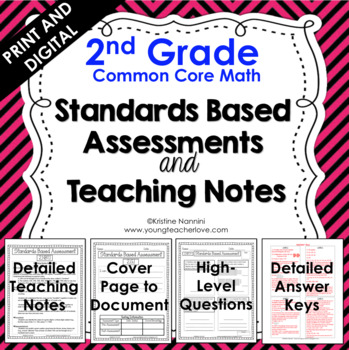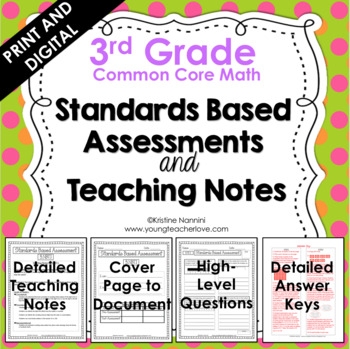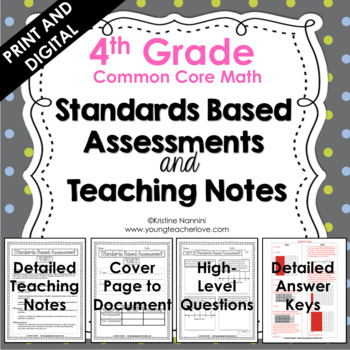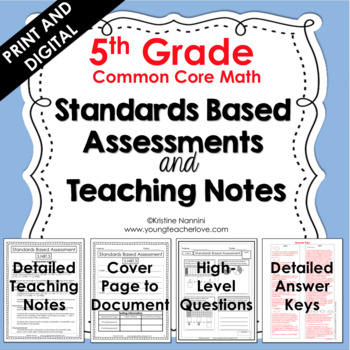Does this picture make you feel anxious inside? Because honestly, it makes me want to hyperventilate. And then go shopping. Just so I can still feel like a successful adult even though I can never remember how to solve quadratic equations or find a linear inverse. (And don't even get me started on imaginary numbers. Imaginary? Really? Exactly how is that useful?)
I was that kid that never felt very good at math. I always got hung up on silly questions like, "But
why does that work?" and "But
how can numbers do that?" And chances are you were not that kid that always sat next to me, the one who had the answer written in manically microscopic handwriting before the teacher had even finished the question, the one who was naturally good at math and also good at making me feel dumb. Chances are, you were not that kid because most people in America don't feel like they're good at math.
A couple years ago I decided it was time to take on math. I was "a big girl" now, and I really wanted to take some astronomy classes at the university that required a lot of math. I enrolled before I could realize what a stupid idea it was.
And I have never worked so hard at anything academic like that before. I actually bought the textbook...and read it. I watched videos online
before the class. I became friends with a rocket scientist. I even learned the location and hours of the math tutoring center. I finally learned how to study, seeing as I had breezed through most of my schooling on a whim, a prayer and an excellent short term memory (not to mention a measurable gift for b.s.ing, passed on from my lawyer father). And between you and me, it actually felt good. Really good. Like, "I'm-a-functional-adult-and-not-as-dumb-at-math-as-I-thought" good.
So when I got an e-mail about
this article by Miles Kimball and Noah Smith it definitely resonated with me. I'm already a huge believer in the growth mindset, but with math I've recently gone from "I'm not a math person" to "okay, I can do math". Mind you, we're not bffs or anything, even with the newly discovered math skills. But I definitely agreed with what Kimball and Smith had to say. Here's a fabulous quote from the article:
"Again and again, we have seen the following pattern repeat itself:
- Different kids with different levels of preparation come into a math class. Some of these kids have parents who have drilled them on math from a young age, while others never had that kind of parental input.
- On the first few tests, the well-prepared kids get perfect scores, while the unprepared kids get only what they could figure out by winging it—maybe 80 or 85%, a solid B.
- The unprepared kids, not realizing that the top scorers were well-prepared, assume that genetic ability was what determined the performance differences. Deciding that they “just aren’t math people,” they don’t try hard in future classes, and fall further behind.
- The well-prepared kids, not realizing that the B students were simply unprepared, assume that they are “math people,” and work hard in the future, cementing their advantage.
Thus, people’s belief that math ability can’t change becomes a self-fulfilling prophecy."
Heh? Is that good or what? If you're "not a math person", or if you teach non-math people, you should hop over and
check out the article. And just in case Math doesn't validate you this week, I promise,
you can do math. Now go kick Math's butt.







